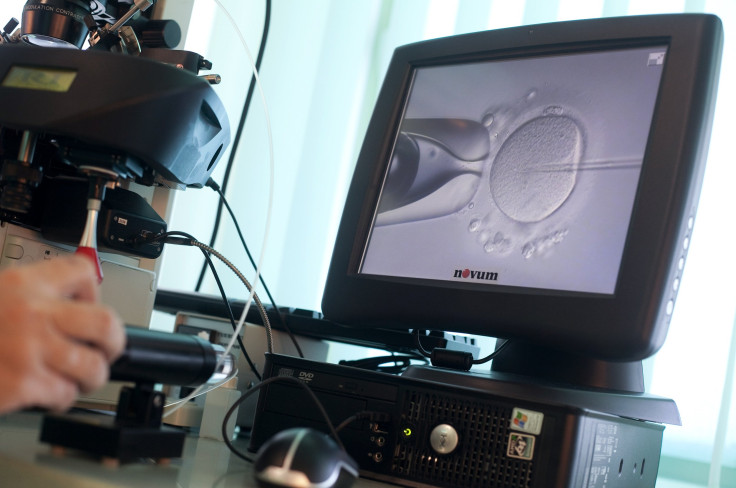China Bars Single Women From Freezing Their Eggs, Debate Continues

The Chinese government recently barred single women from freezing their eggs, sparking widespread debate. China allows eggs to be frozen only under certain circumstances -- even for married women -- such as chemotherapy.
Even though the ban on the use of assisted reproductive technology is not new in China, the issue came to light after one of China's “Big Four” actresses, Xu Jinglei, revealed she had gone to the United States in 2013 to freeze her eggs. The 41-year-old actress-director said she opted for egg freezing since she might want to have children later in life.
The revelation sparked a debate on social media, with many describing the ban as “sexist,” with some women saying they don't even have a right to control their ovaries now. Soon, the state-run China Central Television (CCTV) discussed some of the risks associated with the technique used to freeze eggs, further adding to the ongoing debate. According to the BBC, the report by CCTV said the ban was "in accordance with family planning policies.”
CCTV's microblog got flooded with critical comments once the report was published online. Women argued the ban on freezing eggs means unmarried women do not have any right to reproduce. In addition, some women questioned why Chinese males were allowed to store sperm.
"Because of population control, women were not allowed to have more than one child. Now if they are not married, they cannot have any," said Li Yinhe, one of the leading sex researchers in China. "It's a little too cruel."
© Copyright IBTimes 2025. All rights reserved.




















